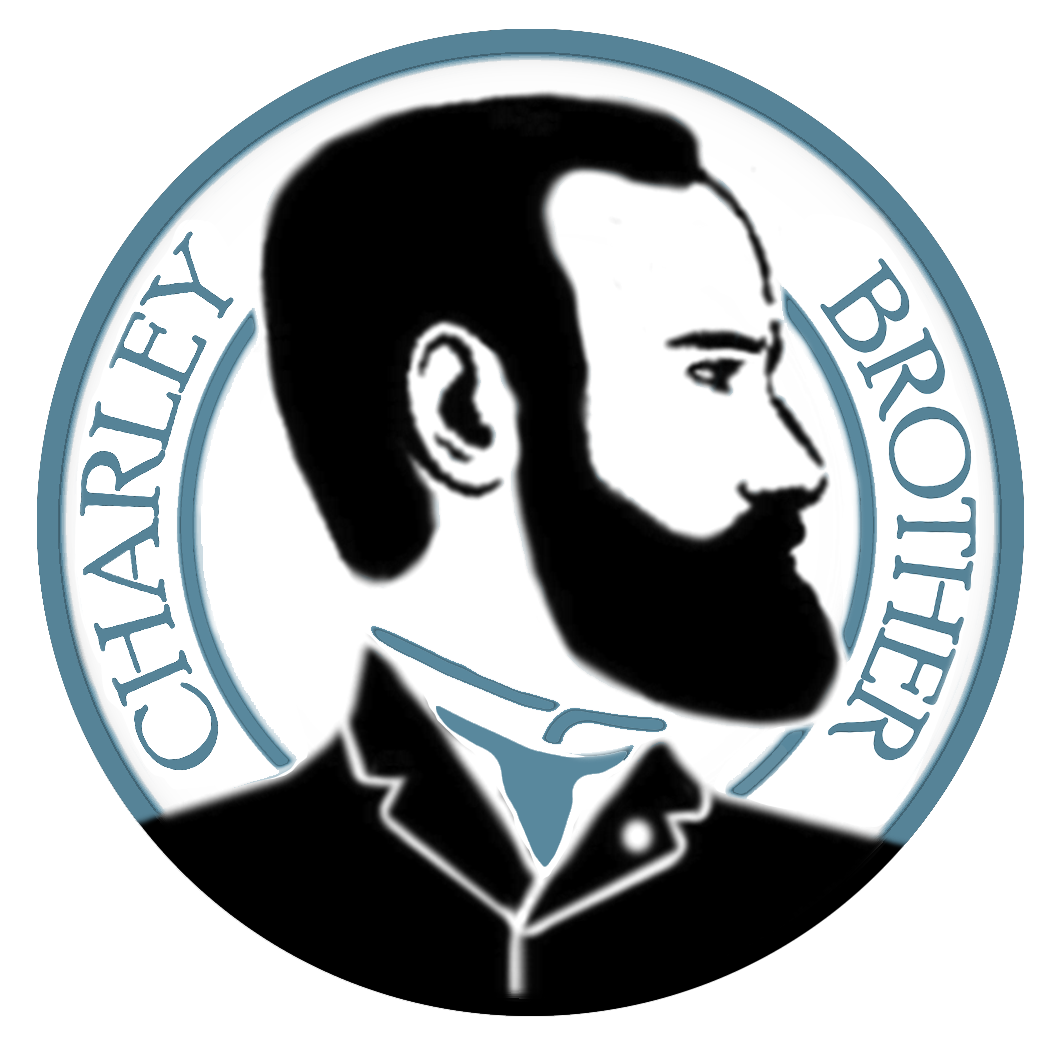Steuben County, NY
Civil War Marine Charles Brother was born on August 10, 1844.
He was the son of Sheriff Henry Brother and Mary Ann Pratt of 22 W. Morris Street in Bath, New York.
Raised in a home filled with stories about military battles and low-lifers at the jail and told by black, white, and mulatto servants, teachers, mill workers and hired hands, blacksmiths, and dairy farmers.
Charley Brother, the Marine, grew up loving all the people of the Finger Lakes region who made known where they stood and who got in the arena to compete with their fists for political, religious, mercantile, and academic inquiries and debate.
Holding onto the bottom of his caregiver’s skirts, drowning in their bosoms and diverse and colorful fabrics, Charley would learn how to make his own vests, later doing an apprentice with Scottish tailor James Sutherland, Sr. who introduced him to various tartans as soon as he arrived in town just as the four year old boy needed playmates his own age and just as Sutherland’s boys, new to town, felt the same way and could swing a fist in a skirt, but only on special occasions.
As Charley Brother’s neighbors told stories to him over the fence and pail, his sisters made faces at him. While they held him by the dome of his pants, his brothers tried to ditch him. His mother babied him, especially after her last child—Anna—died when Charles was four years old, which endeared him to the Sutherland boys even more as they introduced him to bagpipes at her funeral.
They called him “Charley” to distinguish him with his uncle and namesake, New York Assemblyman Charles S. Brother.
When his grandfather Valentine Brother (1773-1820) died, the region deeply felt the loss of one who knew the hills, streams, and lakes, but more so the people and their hunger for rigorous debate with Albany, always screwing things for those upstate, and the ports of lower New York, so quick to visualize the tail wagging the dog and crack the whip. The Finger Lakes Region and western New York would improve once they learned the fine art of submission. NOT. EVER.
Uncle Charles stayed in Ontario County to manage the large family estate near Stanley and Seneca.
Charles assured Henry, who wanted to open general good stores and mills in the wider region, not just Bath. Yes, after Valentine’s death, his son Charles S. Brother would stay and help their mother and their two unmarried, unprepared, and bereaved sisters accept their roles as immediate guardians of six young children, all overwhelmed to witness intimately the sudden death of their parents.
Charles the elder would even continue the next session of the Philosophical Society, established by Henry and his friends on November 9, 1823.
While preparing for the Sabbath at St. Thomas Episcopal Church, Vestryman Henry Brother took in account of his brother and now held his infant son. He kept holding the boy for a long, serious moment even after his wife was free of adjusting her bonnet and those of her daughters.
He remembered his good brother Charles and smiled for their love and trust of each other and their unflinching attachment to philosophy, the work for truth, usefulness, God and His will.
Placing his index finger on the forehead of his new and last offspring, as if to make a real and first impression, Henry said to the future Marine:, “My boy will be a philosopher, like his fathers, and their fathers, like the great founding fathers, and like my brother. A Brother for the line of Brothers.”
Philosophical Society Meeting Minutes from Nov 9, 1823
Reprinted in The Geneva Times (Geneva, NY) Dec 4, 1959















